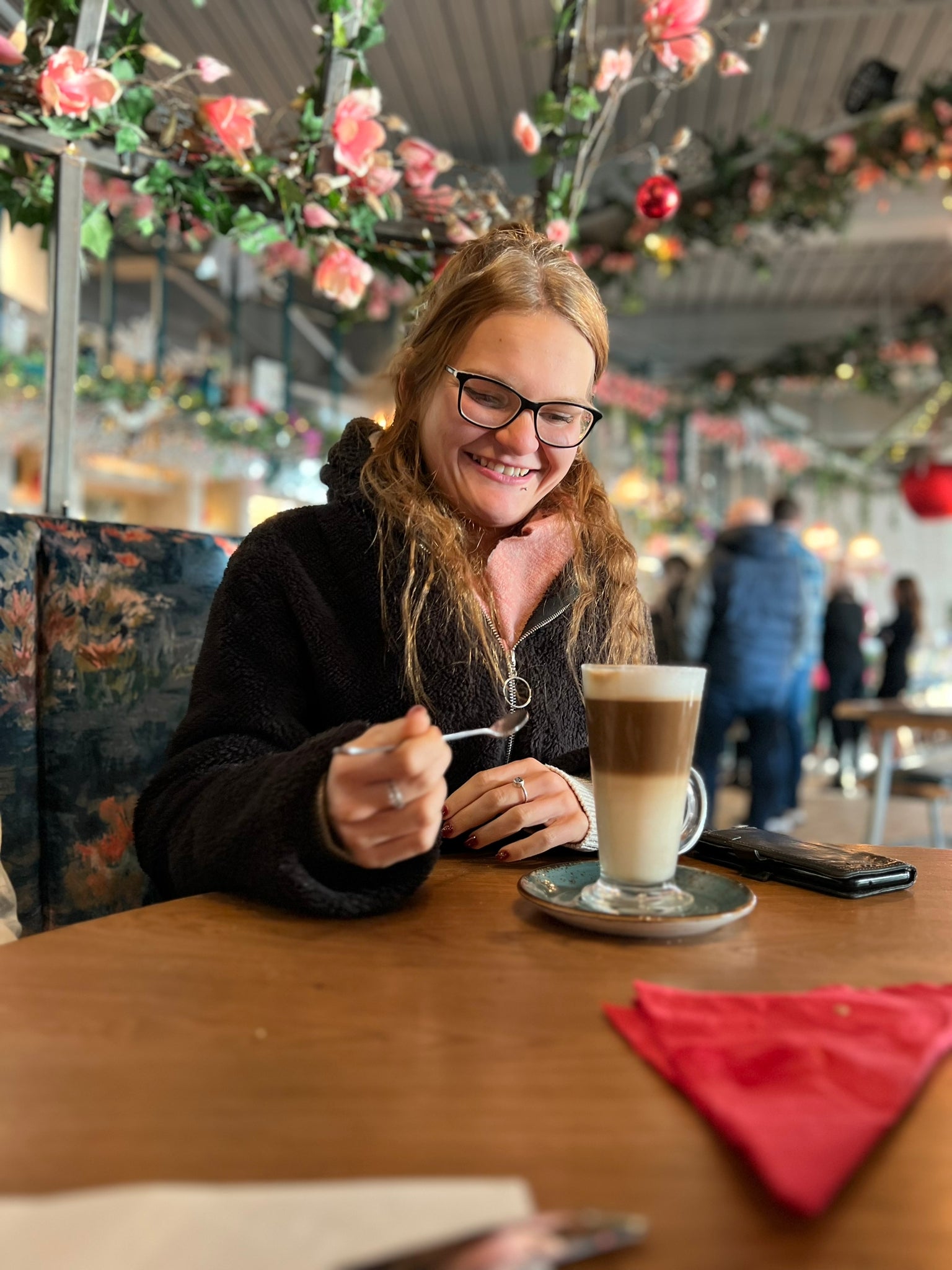Exposure and Immersion in Recovery
For many, that’s a date in the diary which has been heavily and hopefully anticipated.
We Brits – and indeed – the vast majority of the western world, are now very ‘hooked into’ a world which hinges on daily café fixes, and weekly social meals ‘out out’ with friends and family.
And yet, for those with eating disorders, it’s these very venues and sociable circumstances which create all sorts of fears, anxieties and behavioural relapses.
Even for those truly committed to recovery, in can take some considerable time before it feels ‘ok’ to sit in a hospitality venue again, without feelings of guilt and fear.
It can take a long time to adjust to a world where spontaneous menu selection comes naturally, or where you can ‘decide on a whim’ to have an after-work meal or dine out at a moment’s notice.
But however hard it is to make visits to such places more ‘normal’ again, we’ve always said at Wednesday’s Child that it’s absolutely vital.
Not every sufferer or person on a recovery journey will have been fortunate enough to have accessed a day service or form a one-2-one occupational therapy relationship where things like food outlet visits might be part of the schedule.
It’s why part of our offering is our Supportive Suppers – something we’re very much looking forward to bringing back.
These take place in limited numbers, at venues where we’ve specifically hired a room or the entire setting, so that there’s no added angst of being surrounded by too much commotion or large crowds.
We use the opportunity to – in the biblical sense – ‘break bread’ with one another, talking over a light meal.
Sometimes we’ll also have a guest speaker or a practical demo – like how to make overnight oats.
We call this sort of activity our ‘exposure’ or ‘immersion’ work…and we know it works.
You can’t fix an eating disorder by telling someone to stick to the same mealplan and cook and eat it in their same kitchen and dining room each week.
You can’t beat the fears and behaviours, without challenging the patterns, getting back into a more ‘normalised way of life’ and repeating the very things you found tough.
And you cannot deny that food and eating out are indeed part of our every day world in the 21st century (or at least, they were, and hopefully will very much be again).
We speak to many parents who say they’ve decided they’ll not attempt a ‘going out’ meal with their child for several months after recovery, for fear of ‘making things worse’. That’s understandable to have that doubt, but do remember these challenges need embracing.
You wouldn’t fix someone’s problem with hayfever by saying they should never go outside again and come into contact with grass and pollen.
Instead, you remind them that they deserve to live a full and happy life running through meadows and eating picnics in grassy nooks.
Likewise, we don’t want the sufferer of an eating disorder to get only ‘well enough’ such that they still live a constrained and restricted life. We want them to lead a full, happy, healthy, spontaneous and sociable existence.
If you’d like to know more about our suppers, contact us on hello@wednesdayschild.co.uk
- Jun 2020





